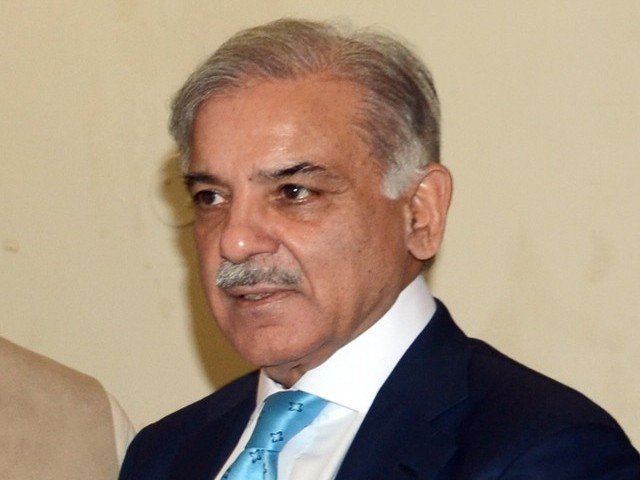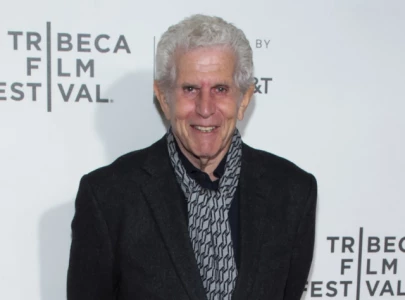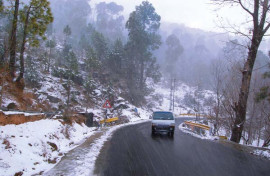
Prime Minister Shehbaz Sharif on Friday emphasised that the two-day global climate conference, Breathe Pakistan, should act as a "resounding call" for a cleaner and greener future for Pakistan's next generations.
In his televised address on the second day of the conference, the Prime Minister stated: "Developing countries like Pakistan need more predictable, flexible, and grant-based financial support to build resilient infrastructure and invest in sustainable development. Without such support, the path to climate adaptation and green transformation will remain elusive. Let us make Breathe Pakistan our call to action for a cleaner, greener, and more resilient Pakistan."
He further highlighted Pakistan's "cruel paradox," where, despite contributing less than 1% of global emissions, the country faces severe climate impacts, including floods, glacial melt, heatwaves, and droughts.
The second day of Breathe Pakistan featured experts, policymakers, and industry leaders addressing the country's escalating climate crisis. With Pakistan grappling with extreme weather, water scarcity, and environmental degradation, speakers urged for immediate action to build climate resilience.
Romina Khurshid Alam, the Prime Minister's Coordinator on Climate Change, set a defining tone for the event, stating, "Pakistan is on the frontlines of climate change, paying the price for a crisis created by others." She stressed that Pakistan must not remain passive but become an active force in shaping climate solutions.
A key discussion point was Pakistan's updated Electric Vehicle (EV) policy, with Parliamentary Secretary Wajeeha Qamar presenting new incentives to promote clean transportation and reduce emissions.
Meanwhile, Senior Minister Marriyum Aurangzeb announced a Rs100 billion allocation for climate resilience projects and Rs10 billion for smog mitigation in Punjab. She also introduced Pakistan's initiative to collaborate with neighbouring countries like India to combat transboundary air pollution, noting, "Climate change knows no borders, and cooperation is essential."
Another major focus was the Living Indus project, which environmental expert Aban Marker Kabraji described as Pakistan's strategy for adapting to an unpredictable future. She called for long-term water conservation efforts to safeguard the Indus Basin.
UNICEF Representative Abdullah Fadil urged for the integration of climate education into school curriculums and proposed the formation of a national volunteer corps to mobilise youth for environmental action. "The challenge now is to turn conference discussions into real-world mobilization of millions of young people," he stressed.
As the conference continues, attention remains on turning pledges into concrete actions, focusing on green financing, regional cooperation, and tech-driven climate strategies.
WITH ADDITIONAL INPUT FROM APP
























COMMENTS
Comments are moderated and generally will be posted if they are on-topic and not abusive.
For more information, please see our Comments FAQ